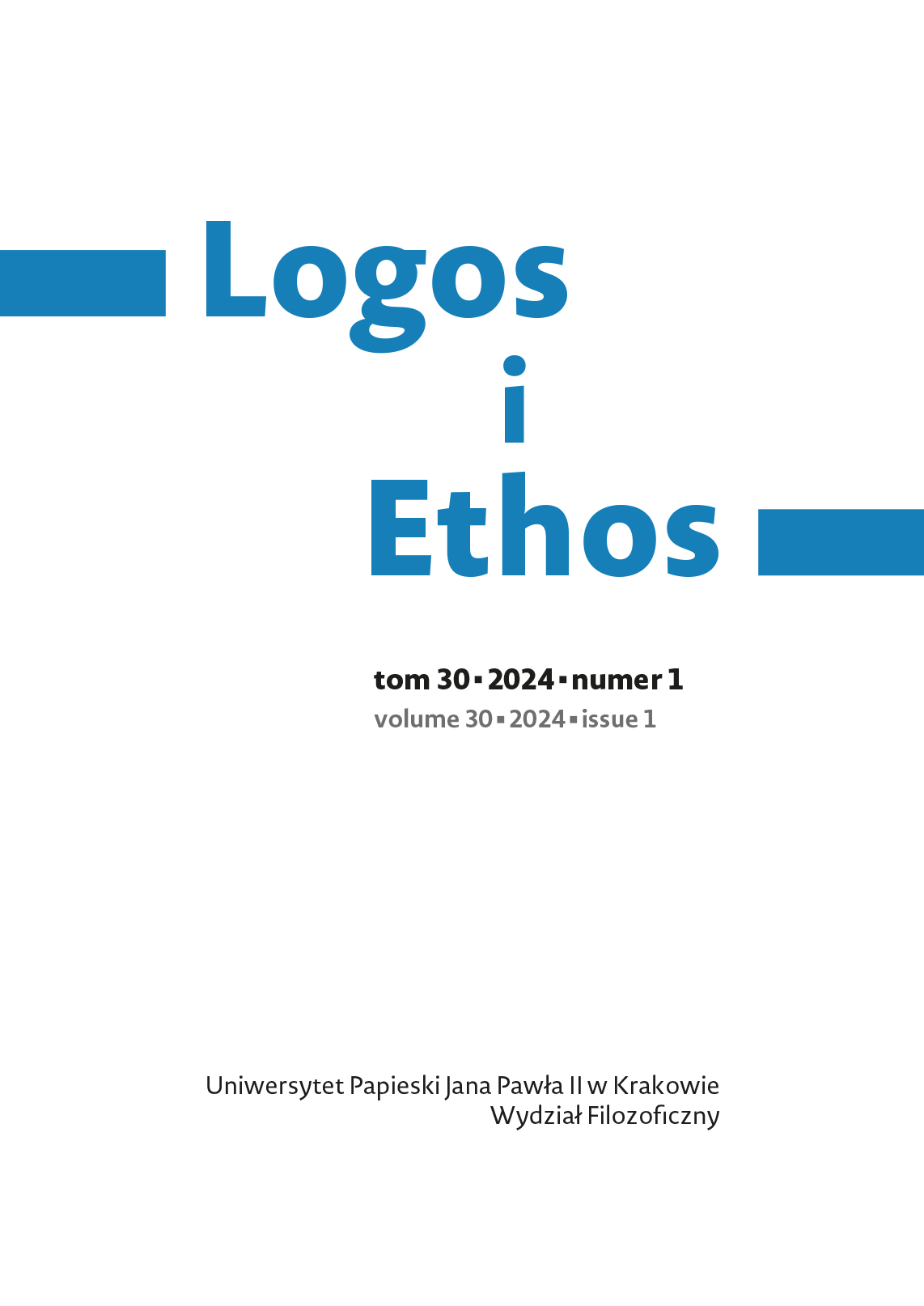Problems with the common good in the world of meritocracy
DOI:
https://doi.org/10.15633/lie.30106Keywords:
meritocracy, Michael Sandel, common goodAbstract
In a world overly filled with meritocratic thinking only merit values; respect and recognition are only due to those who achieve success. Losers don't count. The effect of this is the erosion of the common good, which first becomes visible in its material dimension. Meritocratic winners do not want to take action on behalf of losers who, in their opinion, owe their defeat to themselves. In the practice of social life, this means problems with financing the material dimension of the common good and its gradual erosion, which results in the disappearance of both the sense of community and the existence of the network of relationships in which human life takes place. According to Michael Sandel, in order to avoid further degradation of social life, we must move away from meritocratic thinking. This requires a change in thinking and the recognition that not only merits that translate into money are important to a person. The existence of a well-functioning society and community is correlated with the common good, when the sense of it disappears, everything gradually falls apart, and only financial resources begin to count.
References
Baudrillard J., Społeczeństwo konsumpcyjne. Jego mity i struktury, przeł. S. Królak, Warszawa 2006.
Dennis R., Hamilton C., Affluenza. When too much is never enough, Crows Nest 2006.
Krstić D., Mileva & Albert Einstein: Their love and scientific collaboration, Radovljicaa 2004.
Nussbaum M. C., Creating capabilities: the human development approach, London 2013.
Machura P., Dobro a interesy – ku hermeneutyce filozofii praktycznej, „Zeszyty Naukowe Wyższej Szkoły Bankowej w Poznaniu” 49 (2013) nr 4, s. 235–250.
Machura P., Wokół koncepcji dobra we współczesnym neoarystotelizmie anglosaskim. Normatywność, działanie, praktyki, Katowice 2019.
Morawski K., Dyskurs, hegemonia, radykalna demokracja, „Studia Philosophica Wratislaviensia” 13 (2018) fasc. 1, s. 89–104.
Mysona Byrska J., Cnoty mniejsze w świecie konsumpcji. Skonsumowana przyjaźń, zaufanie, życzliwość, szacunek oraz gniew i chciwość, Kraków 2022.
Nussbaum M. C., Nie dla zysku. Dlaczego demokracja potrzebuje humanistów, przeł. Ł. Pawłowski, Warszawa 2016.
Sandel M., Czego nie można kupić za pieniądze. Moralne granice rynku, przeł. A. Chromik, T. Sikora, Warszawa 2012.
Sandel M., Sprawiedliwość: jak postępować słusznie, przeł. O. Siara, Warszawa 2013.
Sandel M., Tyrania merytokracji. Co się stało z dobrem wspólnym, przeł. B. Sałbut, Warszawa 2020.
Sen A., Commodities and capabilities, Amsterdam 1985.
Sen A., Rozwój i wolność, przeł. J. Łoziński, Poznań 2002.
Shapiro I., Stan teorii demokracji, przeł. I. Kisilowska, Warszawa 2006.
Tarasiewicz P., Dobro wspólne z perspektywy personalizmu filozoficznego, https://tiny.pl/c6vdj (03.01.2024).
Tischner J., Świat ludzkiej nadziei, Kraków 1994.
Downloads
Published
Issue
Section
License

This work is licensed under a Creative Commons Attribution 4.0 International License.
The following rules apply to copyright:
1. The author declares that he or she has full copyright to the work, and such copyright it is not limited to the extent applicable to this declaration, that the article is an original work and that it does not infringe any third-party rights.
2. The author agrees to a free-of-charge, non-exclusive and non-restricted use of the work by Pontifical University of John Paul II in Krakow i.e.:
- to record and duplicate: make copies of the work by means of printing, reprography, magnetic or digital storage;
- to circulate the original or the copies of the work (disseminate, lend or lease the original or copies thereof, publicly display, screen or make the work publicly available so that everyone is able to access it at the time and in place they wish to do so);
- to include the work in a compilation;
- the Pontifical University of John Paul II in Krakow may grant sublicenses Creative Commons Acknowledgement of authorship-Non-commercial use-Without derivative work 3.0 Poland
- the author and the title of the work will be listed,
- the place of publication (name of the periodical and an Internet link to the originally published work),
- the work will be distributed in a non-commercial way,
- no derivative works will be created.
The UPJPII Press does not waive any of its copyrights to any target group.
If you want to publish the text in Logos and Ethos, you must sign the license. However, the signing takes place at a later stage of publishing. Check the license: [license_en.pdf]

